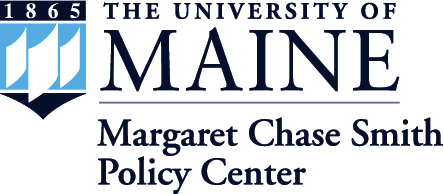Abstract
On March 1, 2000, Maine will offer electric power through open competition, a restructuring that poses both advantages and disadvantages to residential and small retail consumers. While electric restructuring in Maine has been thoughtfully developed, the basic question of whether electricity rates will be lower for the average consumer will remain uncertain for some time. This uncertainty is linked not only to Maine’s electricity rate bidding process but also to potentially oligopolistic national trends. In addition, whether individual consumers achieve savings in their electricity costs will be determined, in part, by their choice of electricity supplier. While some consumers may prefer a higher-cost supplier because of the value-added services that accompany that option, others may make no choice and, by default, receive the standard option—where rates are determined by the Maine Public Utilities Commission (MPUC). In this article, the authors describe the factors that initiated the push toward restructuring, the history of the enabling legislation, and relevant portions of the MPUC’s Consumer Education Program. To consumers, the authors emphasize the importance of aggregation—clusters of buying groups—and detail how the nature of open competition may affect them. In particular, they call attention to the additional services that may be provided by electricity suppliers. Finally, in discussing the implications of deregulation, they lay out the uncertainties that lie ahead for consumers, policymakers, and regulators as Maine opens itself up to competition in the electric power.
First page
64
Last page
72
DOI
https://doi.org/10.53558/GRMQ5761
Recommended Citation
Tagliaferre, Lewis, and Susan Greenwood. "Electric Utility Restructuring: What Does It Mean for Residential and Small Retail Consumers in Maine?." Maine Policy Review 8.2 (1999) : 64 -72, https://digitalcommons.library.umaine.edu/mpr/vol8/iss2/8.
